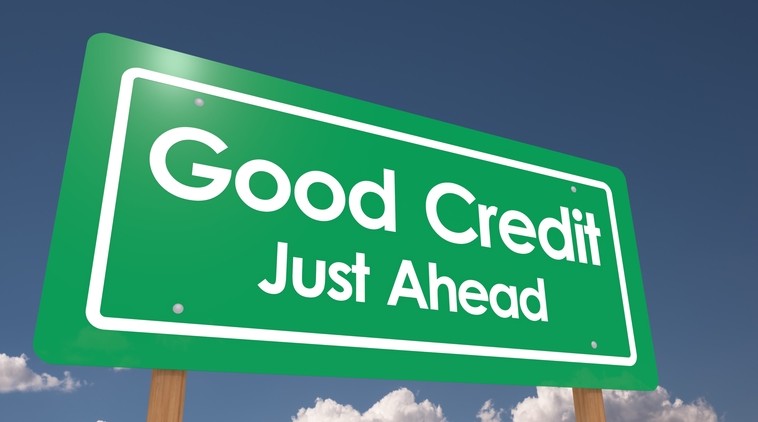Tips for Improving Your Credit Score—PART I

What is a credit score?
It’s a composite score from three different Credit Bureaus that indicates to lenders how likely you are to be able to repay a loan. In other words:
Your credit score is a symbol of your financial responsibility.
Your credit score (measured from 300 to 850) is also known as your FICO score. FICO stands for Fair Isaac Corporation, the company that invented this industry standard.
The vast majority of the U.S. population scores between 500 and 799. It is very uncommon to have a credit score over 800. Anything over 750 is considered an excellent score.
The three credit bureaus who find the answers to these questions and give you a credit score are:
- Experian
- Equifax
- TransUnion
How is your score determined?
There are a few ways your credit score is affected, but here are some of the main areas that will help improve your score.
If you have credit cards:
- Have you paid at least the minimum on time?
- Have you exceeded 25% of your available credit?
If you have other bills (phone, cable, car payment, student loans, etc.):
- Have you paid them on time?
- Have they gone to collections?
By paying your bills on time each month, and maintaining a balance that is less than 25% of your credit limit, you will avoid collections and will be on the road to a healthy credit score.
How do you avoid loans with a higher interest rate?
Be financially responsible. If you're not financially responsible and have a low credit score, the lender of your future loans (car, mortgage, etc.) will penalize you by charging a higher interest rate. This could end up costing you thousands of dollars over the life of the loan!
Wealthbuilding Action Step:
Check your credit score for free by going to www.annualcreditreport.com. Examine your credit report for any inaccuracies.
If you find any, write to the credit agencies to report them and follow up until they are fixed!

